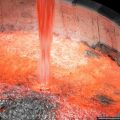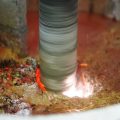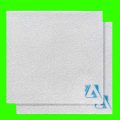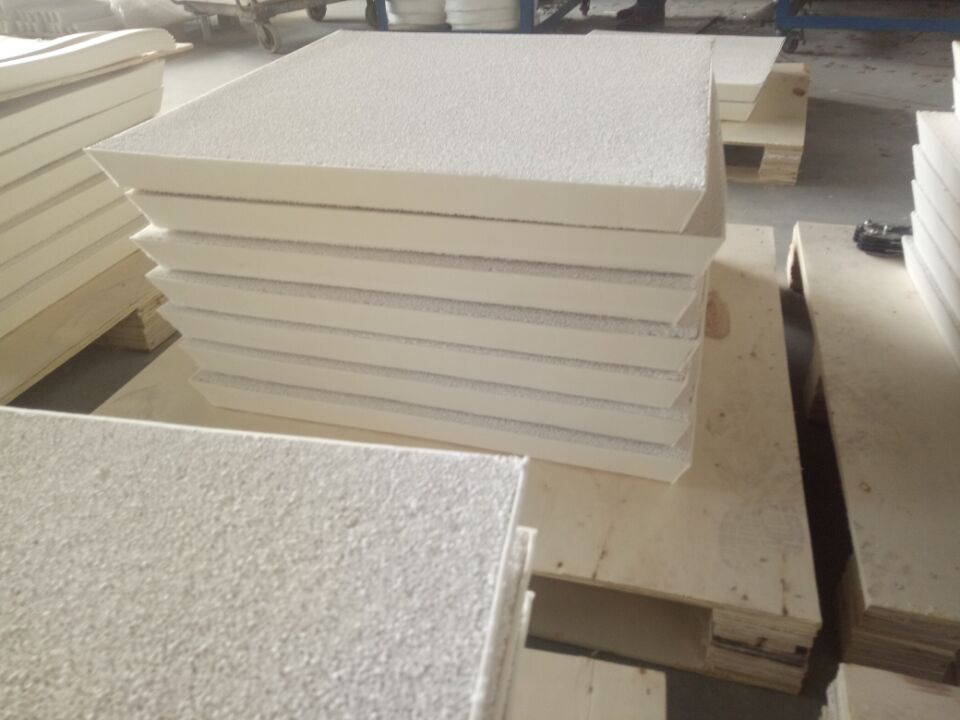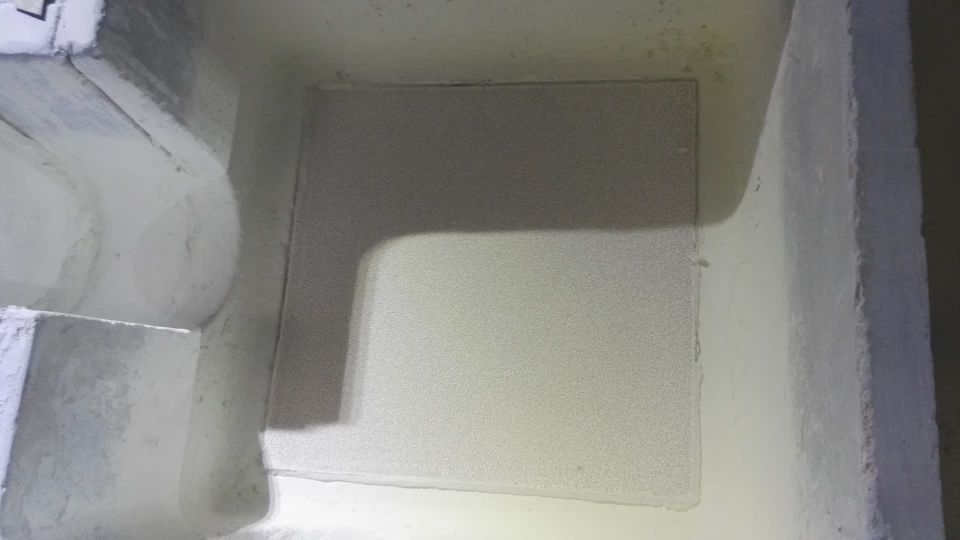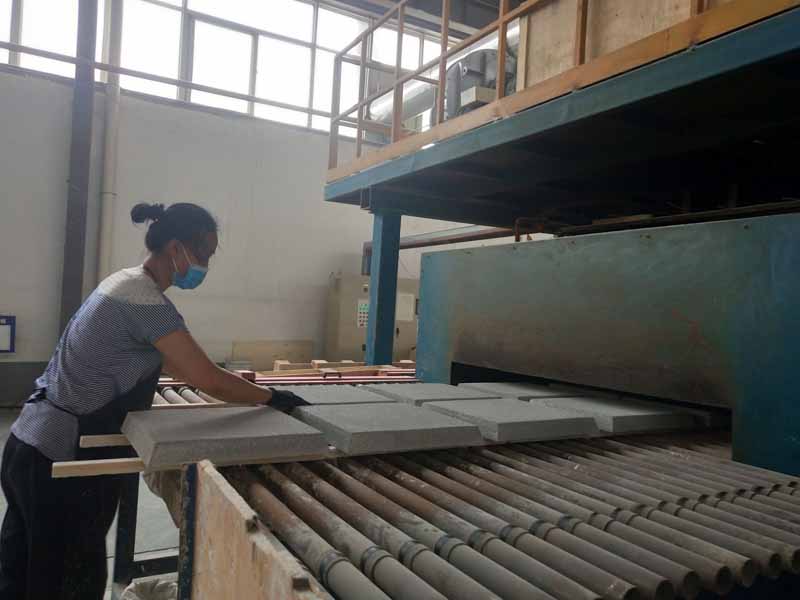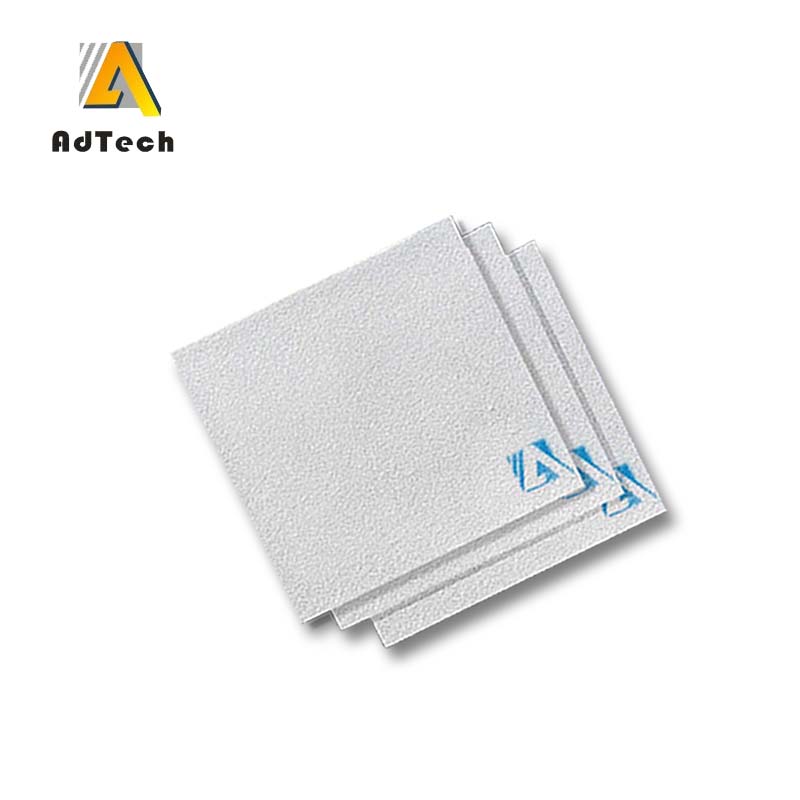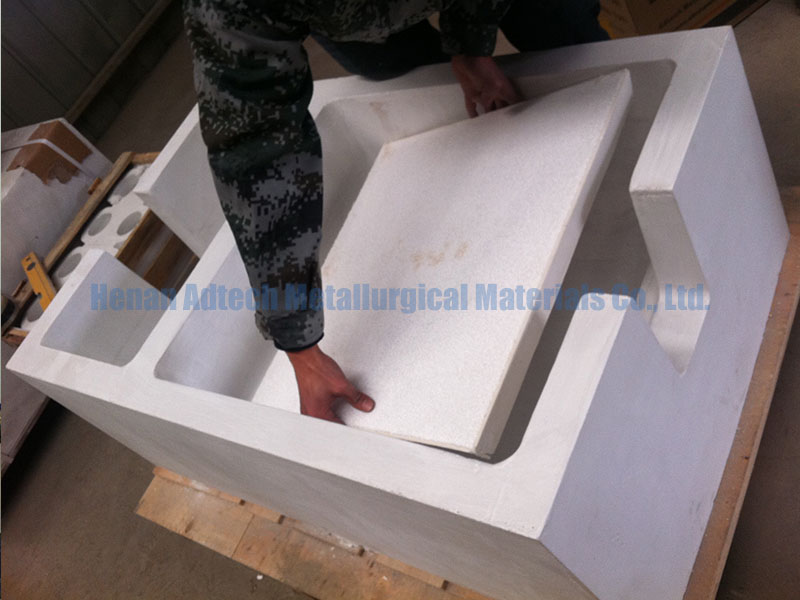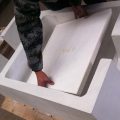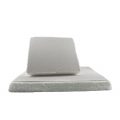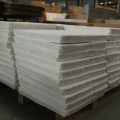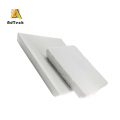Molten Metal Filter Media is used to filter molten aluminum. Reticulated foam filters that use alumina aggregate particles in the binder phase are usually used to filter aluminum and aluminum alloys.
Generally, inclusions, especially non-metallic inclusions, are mixed into the molten aluminum.
If such molten metal is rolled after casting or the like and made into a product such as a disc-shaped material without removing the inclusions from the molten metal, the non-metallic inclusions mixed therein may cause defects such as pinholes.
In order to avoid this defect, the usual method is to remove inclusions by using Molten Metal Filter Media.
The partial pressure of oxygen is maintained in the interstitial space of the molten aluminium filter to reduce the reactivity between the oxide constituting the ceramic filter and aluminum or aluminum alloy.
The aerospace, electronic communications and food packaging industries have increasingly strict requirements on the quality of aluminum products. For example, even if there are few surface defects in which it has a large impact, it must remove the molten aluminum from even the minute inclusions of the alloy material as much as possible.
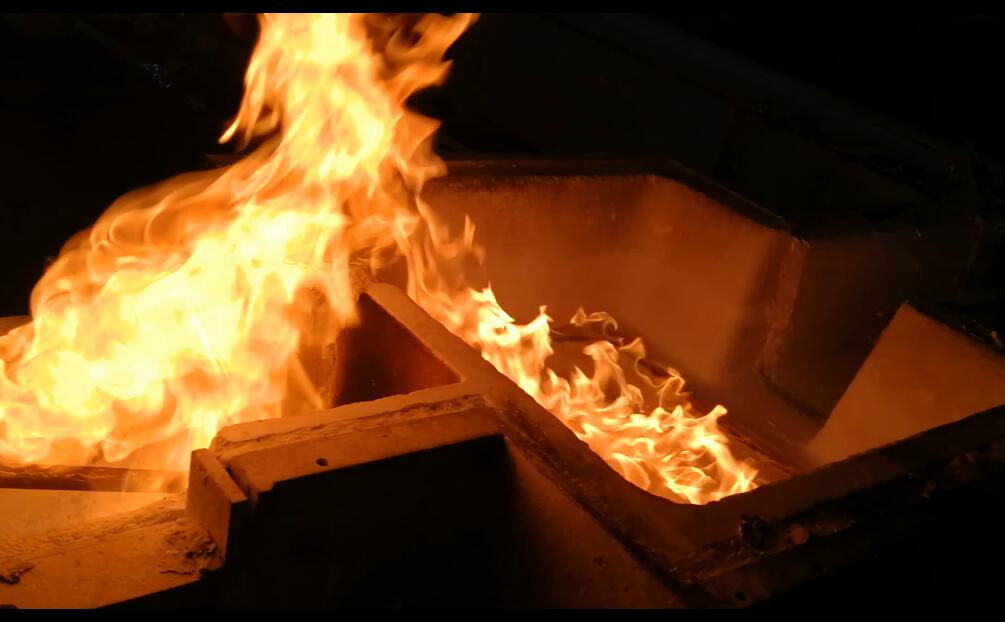
Two-stage molten aluminum purification device is provided with two filter chambers at the bottom of the filter chamber.
In the first chamber, the impurity coating of molten aluminum therein is removed, and the molten metal for keeping a clean second chamber is supplied to the casting die.
The molten aluminum flows into the second chamber through the first chamber in the filter chamber.
Almost no molten metal oxide is produced there.
The molten aluminum purification device has a rod heater to keep the temperature of the molten metal within a strictly controlled range. Therefore, the impurities are effectively removed from the molten metal by the easily replaceable filter.

